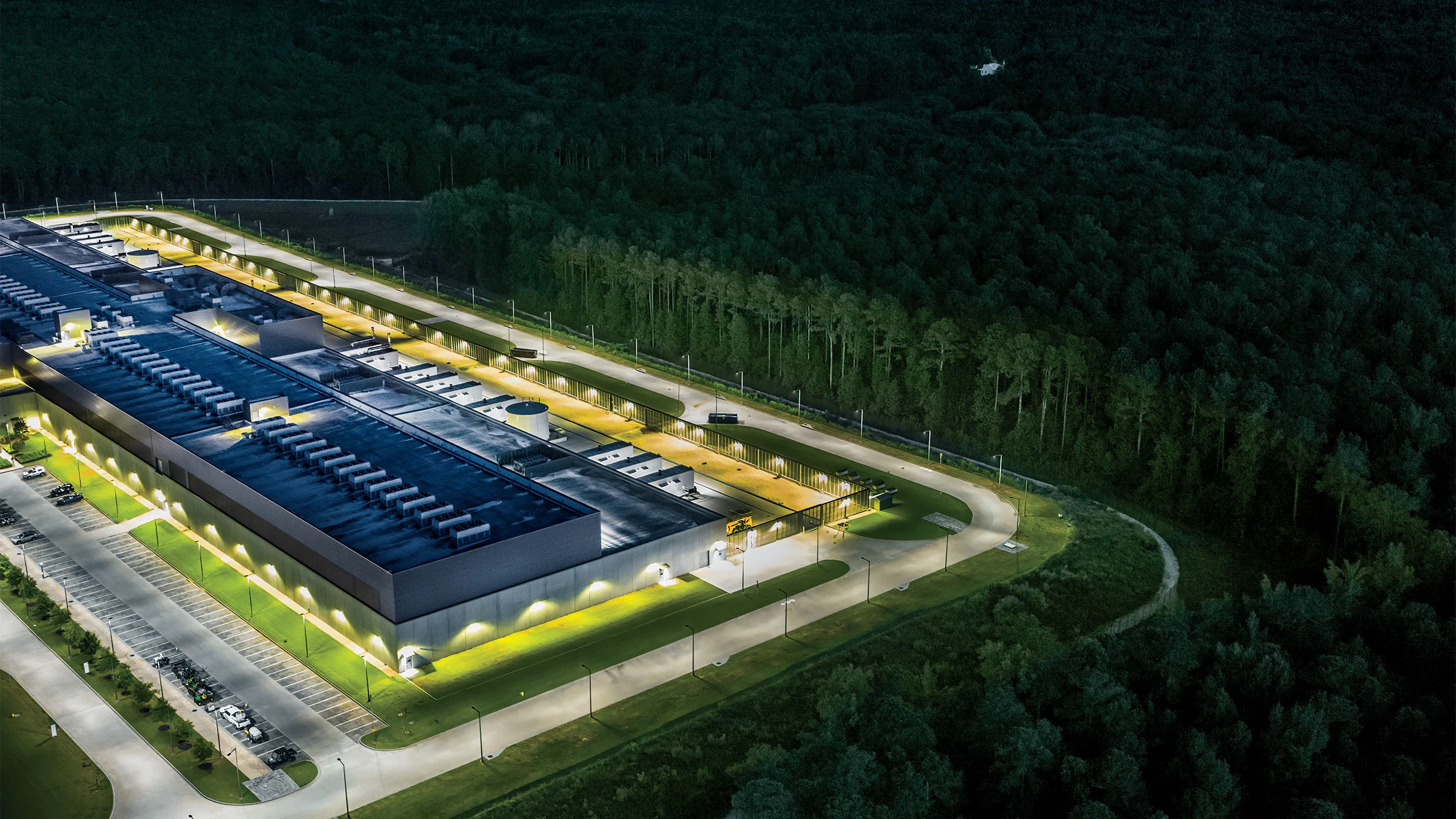
"Data centers have become the starting blocks in the global race for AI supremacy. Tech giants like Meta, Alphabet, and OpenAI have committed hundreds of billions of dollars collectively to building more of them. States are offering incentives for their development, and President Donald Trump signed an executive order in July cutting regulations to speed up construction. For all the breakthroughs they promise, the environmental toll of these facilities is already staggering:"
"According to the International Energy Agency, U.S. data centers used roughly 185 terawatt-hours of electricity in 2024-more than all of Pakistan's 248 million people used that year. To keep hot servers cool, a typical 100-megawatt hyper-scale data center consumes as much water per day as 6,500 homes."
"This premium story, accompanied by original photography commissioned by Fast Company, documents: Why one of Meta's data center neighbors says, "I haven't drank my water in years." The number of homes that could be powered with the electricity consumed by one Meta data center How much the area's light pollution has increased since 2020 What the ongoing data center boom is doing to electricity prices in states like Georgia"
Data centers are central to the global race for AI, with major tech companies investing hundreds of billions to expand facilities. Governments and states are offering incentives and cutting regulations to accelerate construction. U.S. data centers consumed roughly 185 terawatt-hours of electricity in 2024, exceeding the annual use of Pakistan's population. Cooling needs make large hyper-scale centers heavy water consumers, with a 100-megawatt facility using as much water daily as thousands of homes. Local communities face pronounced impacts, including water contamination, increased light pollution, and rising electricity prices in affected states like Georgia.
Read at Fast Company
Unable to calculate read time
Collection
[
|
...
]